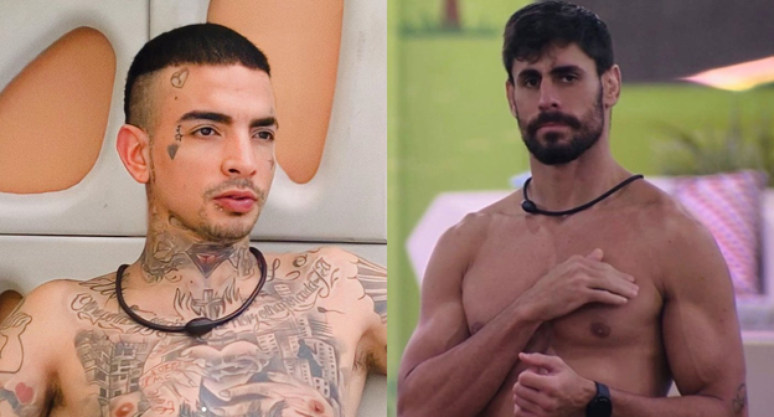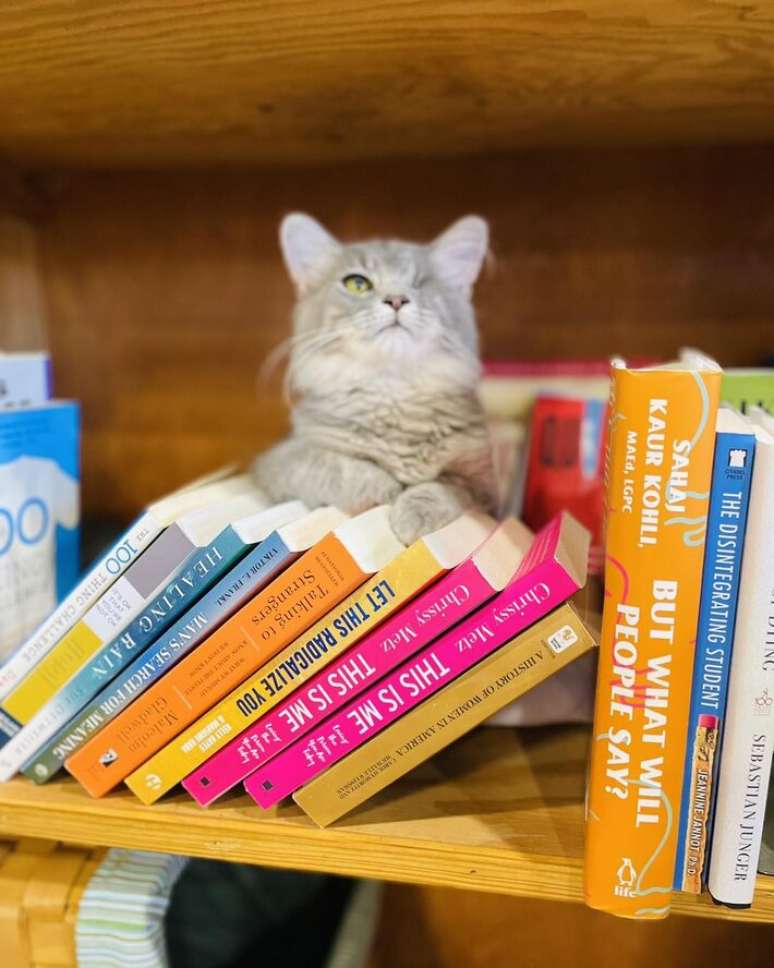Women share stories of abuse and how they got over it
Júlia* talked to a guy for a while, until the two decided to go on a romantic date. She invited her to her house for dinner and, talking back and forth, they shared their first kiss.
The evening could have gone well, like any date, but everything got complicated when they decided to have sex. To the Earththe student, who prefers to remain anonymous, says that the man took off the condom without her noticing and ejaculated inside.
“I don’t know if it was really an abuse,” points out the young woman. However, the practice also has a name and is a crime: furtive. The term in English defines the sexual violence of the man who takes off the condom during intercourse without the partner noticing. It’s the “condom gets in the way, it’s too tight, the feeling without a condom is different.”
Do you know what Stealthing is?
This term is used for the practice of removing the condom during the sexual act and in Brazil it is considered a crime of sexual rape through fraud. pic.twitter.com/iBQLhbsZ7o
— Coletivo Rebu (@ColetivoRebu) January 19, 2022
“Worst of all was his apology. She first denied saying that she hadn’t ejaculated inside her and the other excuse was that I couldn’t get pregnant because I wasn’t in my fertile period, and she didn’t even ask me anything ”, explains Júlia.
It is worth remembering that the use of condoms is indicated not only to avoid pregnancy, but also to protect against STIs (Sexually Transmitted Infections).
That same night, Julia left crying. A friend advised her to get the man to confess via text what she had done, “because then I would have even more proof that the act without a condom was not consensual.”
“So I did, because who knows how many other girls he did the same thing to and nothing came of it. I considered whether it was worth reporting. He is a nurse here in Brazil, but he comes from abroad (foreign) ”, concludes the young woman, still in the decision phase.
rape culture
Júlia’s painful account of an intimate moment that turned into a nightmare shows how deeply rooted the culture of rape is in Brazil. Another example, this time public, is the case of the player Daniel Alves. He has been in prison for more than two months accused of rape by a woman in a nightclub in Spain late last year.
The victim stated that the rape was very violent and lasted about 15 minutes. Daniel’s testimony was inconsistent. When he was released again, he claimed he did not know the woman; later, he claimed he had consensual sex with her. Then the defense claimed that there was no rape because the woman was lubricated – an argument, as well as misogynistic, denied by the doctors a few years ago.
The backlash from the case has also given rise to new debates: there are those who blame the victim (there always are) and who was more concerned when the player was selected for the World Cup. He even left Joana Sanz, now Alves’ ex-wife, who had to deal with the mess.
Valéria Scarance, prosecutor and coordinator of the gender nucleus of the public prosecutor of São Paulo, explains that, due to the culture of rape, men are encouraged to conquer and have sex with several women as part of their masculinity, and women are the ones that it should ‘defend itself’.
“So, the victim is judged on their behavior, their clothes, their drinking and not the abuser. In the Daniel Alves case, for example, it was revealed that the victim would have kissed the player before the abuse, which is irrelevant ”, he points out.
Even in Big Brother Brazil the theme is on the agenda

It is important that Guime and Sapato are expelled so that it NEVER happens again! BBB is an entertainment program and you can enjoy thousands of games, conversations and actions. Not with harassment!!!!!!!!!!!
— #BBB23 – Preta (@pretademaiss) March 17, 2023
Is there a male pact?
Former soccer player Walter Casagrande has even criticized Brazilian players for not talking about the case. “When I criticized the five-time champions’ bad behavior there in Qatar, they united against me to try to disqualify my views. […] Banked and Bank what I say about them. However, they are silent about the rapist Robinho, who walks free on the beaches, and now again they are silent about the Daniel Alves case,” he wrote in his UOL column.
According to Valéria, many men still don’t know how to behave when faced with the news of an abuse committed by a close person, because: the abusers are good friends and ordinary citizens.
“This feeling of expressed or unspoken camaraderie happens often. In trials it is common to see friends and work colleagues of a defendant testifying in favor of him, saying that he is a great person and that they do not believe that the fact happened ”, denounces the prosecutor.
Valeria explains that there isn’t exactly a ‘pact’, but rather a feeling of mutual support. “One of the manifestations of machismo is ‘brotherism’, which is this expressed or silent support”.
And when we bring the debate to sports, edges meet:
“Football is closely linked to the idea of masculinity, through strength, virility, physical contestation and also economic power. For a long time, women weren’t even allowed to play. With this cult of masculinity, there is no room for paying attention to a woman’s feelings and desires. The focus is on the man, not the woman.
We still have to talk about “violence”
In Brazil, the fourth edition of the ‘Visible and Invisible: Victimization of Women in Brazil’ survey, conducted by the Brazilian Public Safety Forum, estimates that approximately 18.6 million Brazilian women were raped in 2022, the equivalent (from when we are talking about football) to a stadium with a capacity of 50,000 people packed every day.
“On average, women victims of violence reported having suffered four attacks during the year, but among divorced women the average was nine times,” defines Agência Brasil.
Deciding to end an abusive relationship can be even more difficult, as in the case of lawyer Raíssa Vasconcelos, who has experienced domestic violence. “I met this person through an app, but nevertheless she had a family closeness: she was the nephew of a cousin’s husband. We started seeing each other and it all happened very quickly, a sign of an abusive relationship,” she says.

At the beginning of the relationship, the aggressor was a calm person, according to the lawyer herself, despite being jealous and having traditionalist relational patterns (women can’t do this, women can’t do that, etc.). “When we were at the bar, for example, I would get up to go to the bathroom and he would follow me to wait for me to finish. There was always a quarrel saying I was flirting with someone, a quarrel about clothes, talking nonsense to men. He always annoyed me, but I answered.
Everything got worse when they got married in August 2017. The physical and psychological violence increased. “She said I was a whore, a slut, for having had other relationships”, she vents.
One day, in yet another attack, Raíssa decided to call the police. “The post was very difficult. I was living on autopilot, people kept telling me I was doing just fine. I came out some time later, that person did me good. In 2018 I started having very strong anxiety attacks,” she says.
“I will never get over it, it’s not something to overcome, it’s something to work on and it’s part of my life. I’m not an exception, I’m a rule.”
Source: Terra
Ben Stock is a lifestyle journalist and author at Gossipify. He writes about topics such as health, wellness, travel, food and home decor. He provides practical advice and inspiration to improve well-being, keeps readers up to date with latest lifestyle news and trends, known for his engaging writing style, in-depth analysis and unique perspectives.








